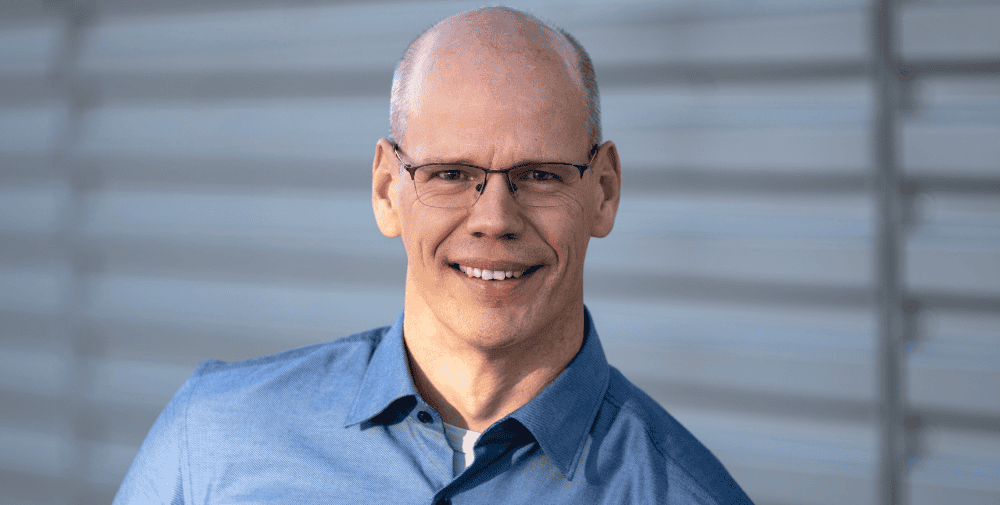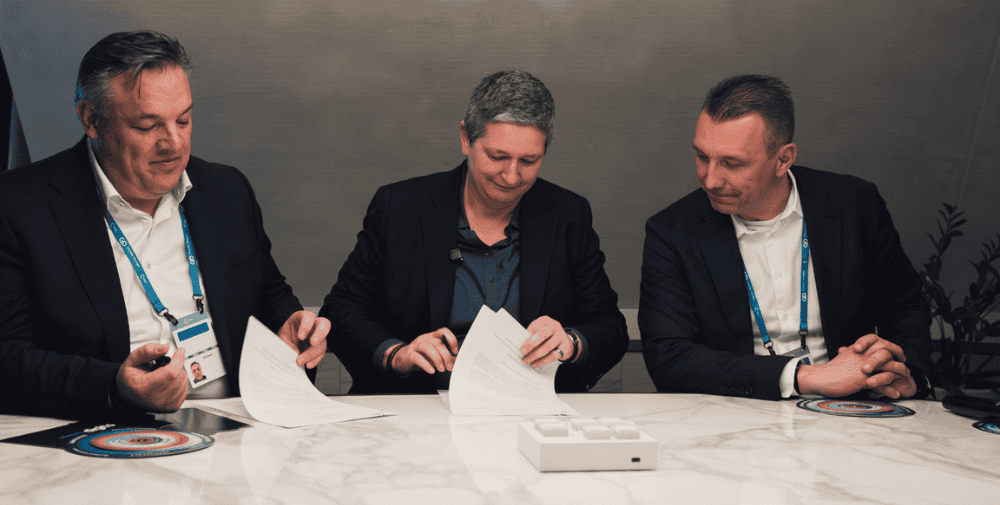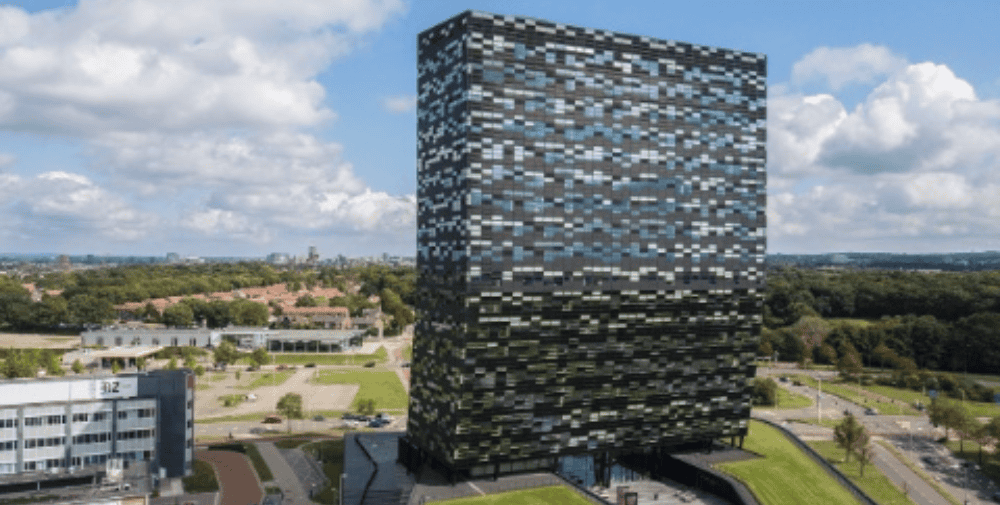
Bosch wants to reduce its costs as quickly as possible with various measures across all levers and at all levels in order to close the cost gap in a timely manner. The company sees great potential for cost reduction in possible productivity gains through the use of artificial intelligence in production and development, in the reduction of material and equipment costs, the reduction of investments in plants and buildings and in making logistics and global supply chains more efficient. In addition, there are unavoidable structural and personnel adjustment measures – the company anticipates the need for a further reduction of around 13,000 jobs, particularly at its German Mobility locations. The time frames for the necessary adjustments vary and extend until the end of 2030.
For some time now, there has been significant overcapacity in administration and sales as well as development and production due to the sharp decline in demand. “We urgently need to work on our competitiveness in the mobility sector and continue to reduce our costs permanently. We are pulling out all the stops to achieve this. Unfortunately, we will not be able to avoid further job cuts beyond those already communicated. This is very painful for us, but unfortunately there is no way around it,” says Bosch Board of Management member and Labor Director Stefan Grosch. In Europe and Germany in particular, Bosch will not be able to maintain its current high level of employment due to its comparatively strong presence there. The Power Solutions and Electrified Motion divisions, with their locations in Feuerbach, Schwieberdingen and Waiblingen in the greater Stuttgart area, as well as Bühl and Homburg, are particularly affected. Jobs are also to be cut in central functions of the company as well as in administration and sales and in subsidiaries of the Mobility division. Nevertheless, Bosch is clearly committed to Germany as a location, as Grosch emphasizes: “Germany is and will remain central to Bosch, also in terms of the number of associates. However, we must position ourselves more efficiently in order to be able to hold our own in the highly competitive global market. Increased competitiveness is a prerequisite for securing orders in Germany and thus also jobs in this country.”
Bosch is planning major adjustments at the following locations, among others:
- In Feuerbach, development, sales and administration as well as the plant for drive components are affected by Power Solutions. In addition to the stagnating automotive market, the global decline in the proportion of diesel, which accounts for a large proportion of the plant’s current products, is having a significant impact. In addition, demand for the hydrogen technology products industrialized in recent years is too low due to the considerably delayed ramp-up of the hydrogen market in Europe. This results in underutilization of production capacity and an overall high surplus of personnel at the site. Around 3,500 jobs are to be cut here by the end of 2030, including around 1,500 at the plant.
- In Schwieberdingen, the Power Solutions, Electrified Motion and Mobility Electronics business units based there are to cut around 1,750 jobs in sales, purchasing, administration and development by the end of 2030. In particular, the negative development of the order situation and the slow ramp-up of future technologies are increasing the pressure to adapt costs and thus the structures of the divisions to the changed framework conditions.
- At the Waiblingen site, the company plans to phase out production for connection technology, which currently employs around 560 people, by the end of 2028. The plant mainly produces connection technology (connectors) based on thermoplastic and silicone rubber for the global automotive industry. Production volumes and employment levels have been declining for many years and the plant is therefore no longer competitive. The planned measure does not affect the subsidiaries Bosch Healthcare Solutions GmbH and Bosch Industrial Additive Manufacturing located at the Waiblingen site.
- At the Bühl/Bühlertal site, where Bosch develops, industrializes and manufactures small electric drives for European car manufacturers, the company assumes that around 1,550 jobs will need to be cut by the end of 2030. This will affect sales, purchasing and administrative functions as well as development and production areas.
- At the Homburg site, Bosch is planning to cut around 1,250 jobs by the end of 2030 and largely consolidate the operating activities of the Power Solutions division in the East plant section. The aim is to leverage synergies and reduce structures. Here, too, the stagnating automotive market and the global decline in diesel sales – including in the plant’s dominant commercial vehicle business – are having a significant impact, as is the considerable delay in the ramp-up of the hydrogen market in Europe.
Bosch has explained the necessary measures and personnel adjustments to employee representatives and has also informed its associates. On the planned implementation, Grosch says: “Even though we have an urgent need for action, we stand by the agreements we have made with the employee representatives. Together with them, we want to quickly discuss the necessary measures at the individual sites and agree on solutions that are as socially acceptable as possible. The time pressure is great. Delays will further exacerbate the situation.” The company plans to start talks with the relevant employee representatives at the individual locations immediately.
Quotes from Markus Heyn, Member of the Board of Management of Robert Bosch GmbH and Chairman of the Mobility business sector: “Geopolitical developments and trade barriers such as tariffs are leading to considerable uncertainty – like all companies, we have to deal with this. The intensity of competition is expected to increase further. It is therefore our goal to seize growth opportunities wherever possible and to position our Mobility locations worldwide for the future.”
“Bosch Mobility can prevail in a highly competitive global market – I am convinced of that. But we must now create the conditions for this and ensure our competitiveness through our own efforts, time is pressing.”
– – – – – –
Further links
👉 www.bosch.de
Photo: Bosch




